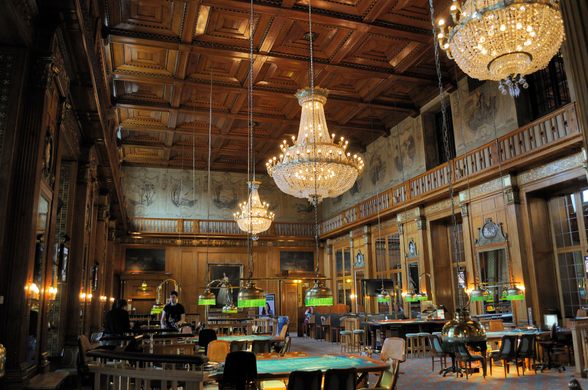Membahas ATM4D: Situs Bandar Togel Online dengan Kemudahan Menang dan Pembayaran Jackpot Tanpa Batasan
Dunia perjudian online terus berkembang, dan salah satu permainan yang paling populer adalah togel. Di tengah banyaknya opsi situs bandar togel online, ATM4D telah menonjol sebagai salah satu yang terbaik, menawarkan kombinasi unik dari kemudahan menang dan pembayaran jackpot tanpa batasan. Mari kita telaah mengapa ATM4D dianggap sebagai situs bandar togel online terbaik dengan fitur-fitur ini.
Kemudahan Menang
Salah satu keunggulan utama ATM4D adalah kemudahan untuk meraih kemenangan. Dengan sistem permainan yang adil dan peluang yang kompetitif, para pemain memiliki kesempatan yang baik untuk memenangkan hadiah besar di setiap taruhan. ATM4D memastikan bahwa para pemain dapat menikmati pengalaman bermain yang adil dan menguntungkan.
Pembayaran Jackpot Tanpa Batasan
ATM4D mengizinkan pembayaran jackpot tanpa batasan, yang berarti tidak ada batasan atas jumlah kemenangan jackpot yang dapat dicapai oleh para pemain. Ini menawarkan peluang luar biasa bagi para pemain untuk meraih hadiah besar dan mengubah hidup mereka dengan satu taruhan. Para pemain tidak perlu khawatir tentang batasan pembayaran, sehingga mereka dapat menikmati kemenangan mereka sepenuhnya.
Berbagai Pilihan Pasaran
ATM4D menyediakan berbagai pilihan pasaran togel, baik dari tingkat lokal hingga internasional. Hal ini memungkinkan para pemain untuk memilih pasaran yang paling mereka sukai dan merasa nyaman dalam memasang taruhan. Dengan variasi pasaran yang luas, para pemain memiliki lebih banyak peluang untuk menemukan pasaran yang sesuai dengan strategi dan preferensi mereka.
Keamanan yang Terjamin
Keamanan adalah hal yang sangat penting dalam perjudian online, dan ATM4D mengambil langkah-langkah untuk memastikan keamanan informasi pribadi dan transaksi keuangan para pemain. Dengan enkripsi data yang kuat dan sistem keamanan yang canggih, para pemain dapat merasa tenang dalam menempatkan taruhan mereka di ATM4D.
Layanan Pelanggan yang Ramah
ATM4D juga dikenal karena layanan pelanggan yang ramah dan responsif. Tim dukungan pelanggan yang profesional siap membantu para pemain dengan pertanyaan atau masalah apa pun yang mungkin mereka hadapi. Dari bantuan teknis hingga informasi tentang permainan, para pemain dapat mengandalkan dukungan pelanggan ATM4D untuk mendapatkan bantuan yang mereka butuhkan.
Kesimpulan
Dengan kemudahan menang, pembayaran jackpot tanpa batasan, berbagai pilihan pasaran, keamanan yang terjamin. Dan layanan pelanggan yang ramah, adalah pilihan terbaik bagi para penggemar togel online yang mencari pengalaman taruhan yang memuaskan dan terpercaya. Bagi mereka yang ingin meraih kemenangan besar tanpa batasan. Adalah tempat yang tepat untuk mencoba keberuntungan mereka.









